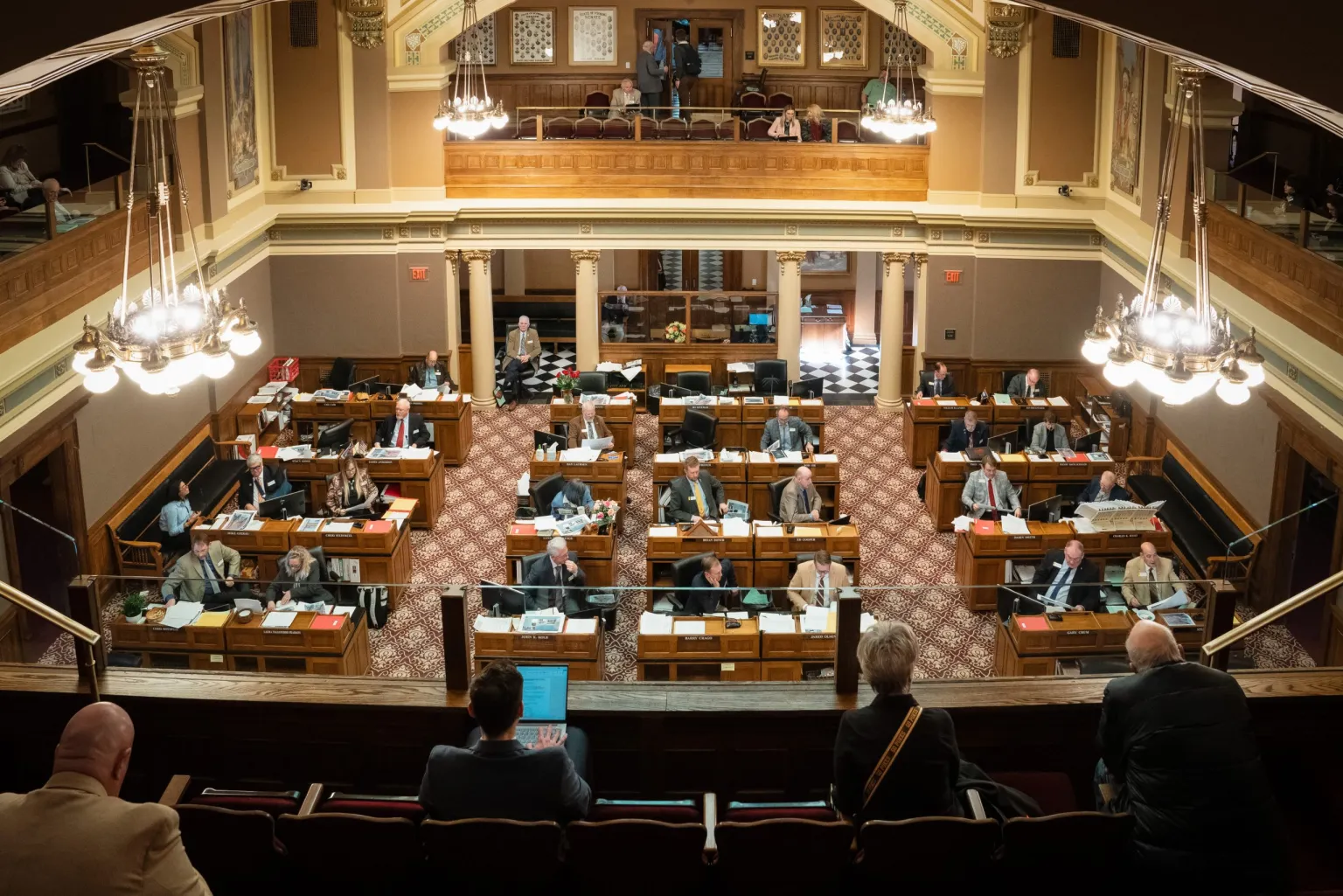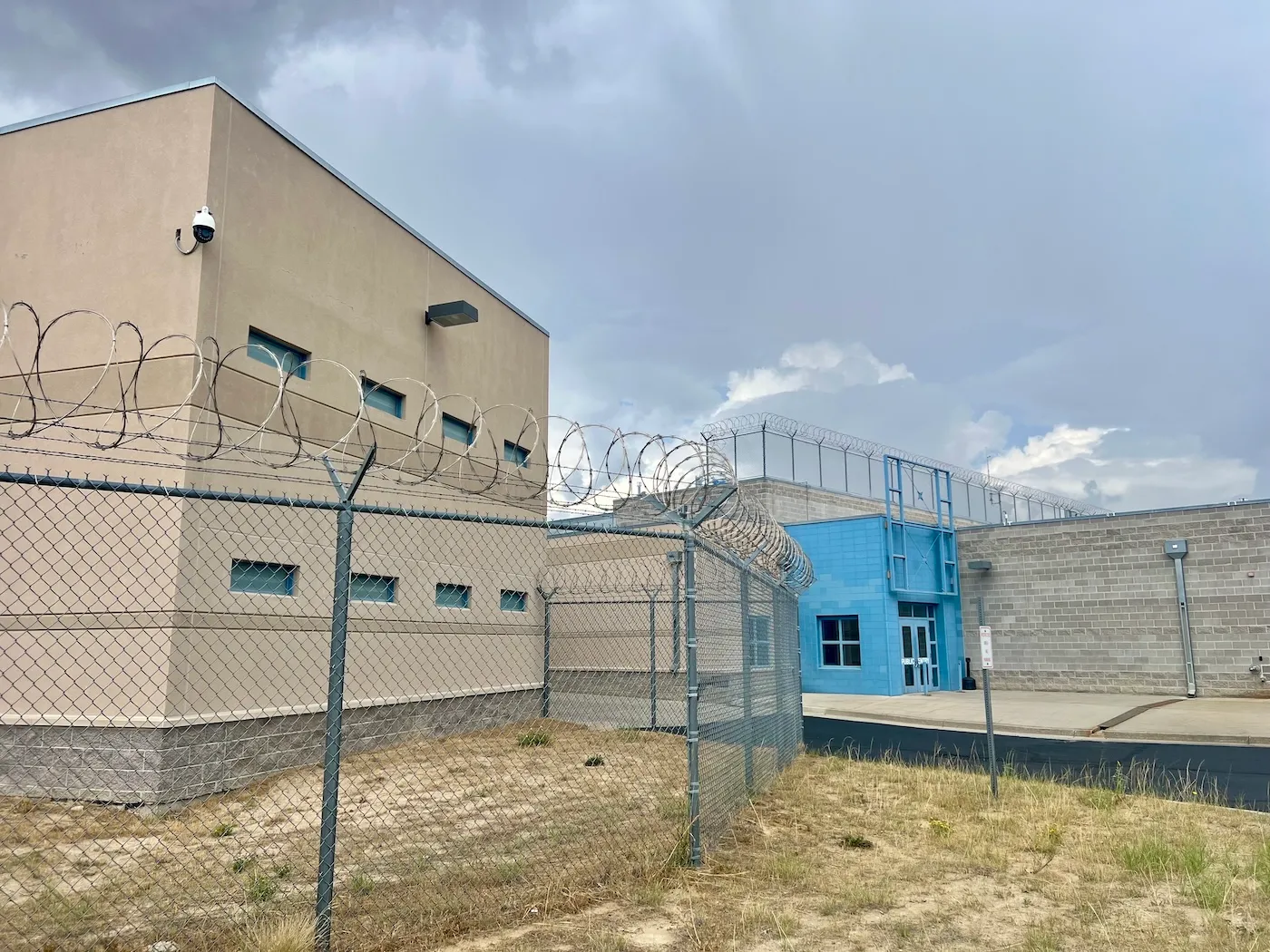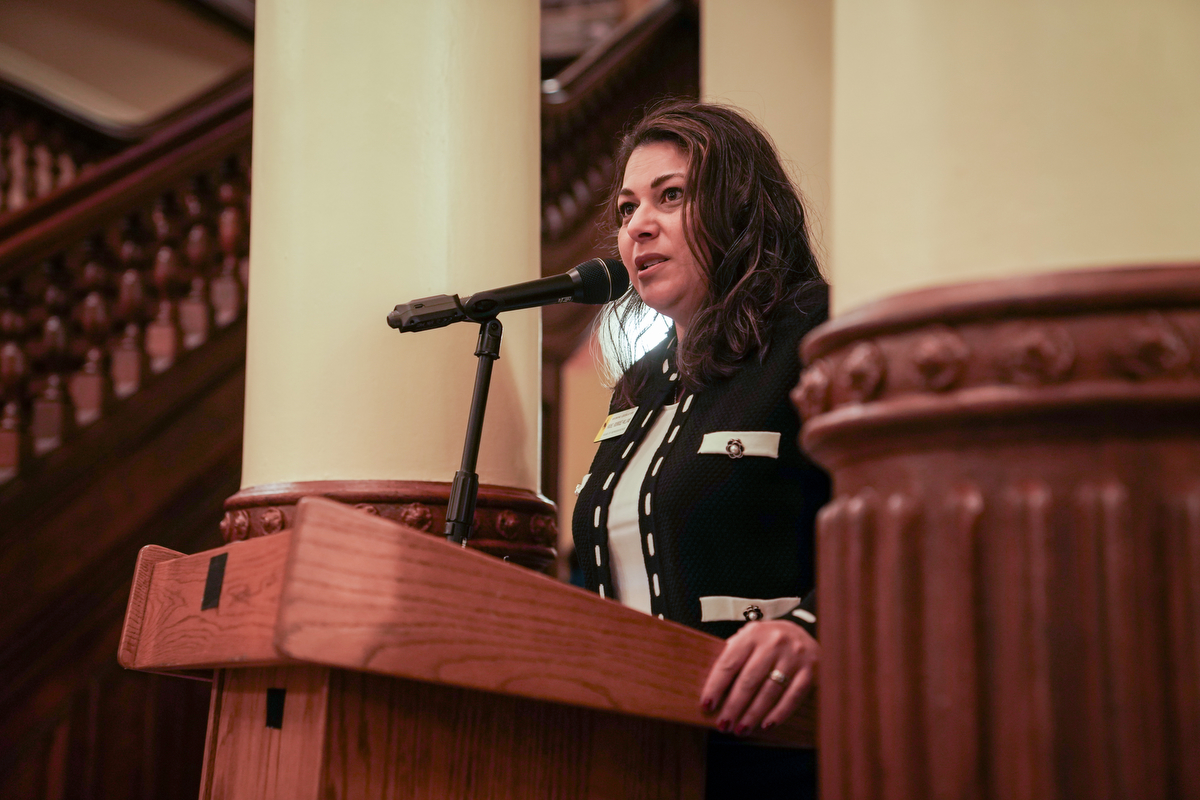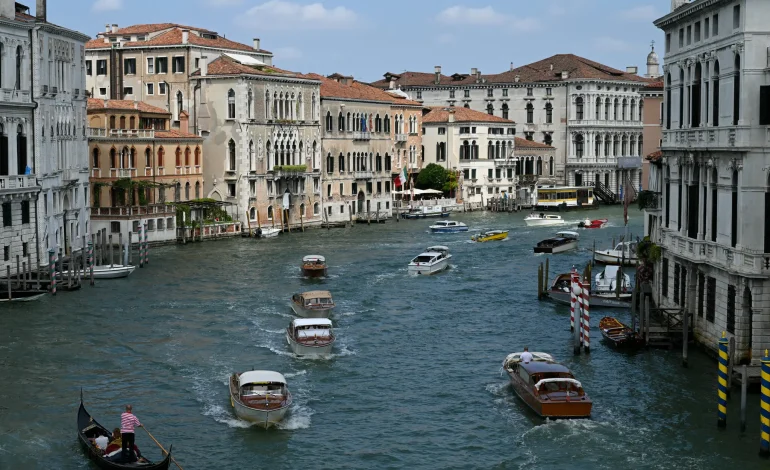Jeff Bezos and Lauren Sánchez are preparing for what is expected to be one of the most extravagant weddings in recent memory—a multi-day celebration in Venice, Italy.
While city officials and businesses have largely welcomed the event for its prestige and economic benefits, the couple’s lavish plans have ignited public criticism and protest both online and on the ground.
The billionaire Amazon founder, 61, and former journalist Sánchez, 55, who became engaged in 2023, are reportedly holding a three-day wedding between June 26 and 28. Though many details remain under wraps due to non-disclosure agreements, multiple media outlets have confirmed that the festivities will span several of Venice’s historic venues, including the island of San Giorgio Maggiore and the Arsenale.
As the celebration approaches, backlash has intensified. Social media users have expressed anger over the extravagant scale of the wedding.
“This is what oligarchy looks like,” one commenter wrote.
Others questioned the ethics of such luxury amid global inequality, with posts highlighting the disparity between private jets headed to Venice and everyday people struggling with basic expenses.
On June 23, activists from Greenpeace Italy and the UK group “Everyone Hates Elon” unfurled a banner in St. Mark’s Square. It depicted Bezos laughing, alongside the message:
“If you can rent Venice for your wedding, you can pay more tax.”
Other grassroots groups in Venice have also threatened peaceful disruptions, viewing the event as symbolic of the city’s increasing commercialization and gentrification.
Experts suggest that the strong reactions reflect deeper social concerns.
“A lot of people feel stuck—living paycheck to paycheck and unsure of their future,” said psychotherapist Stephanie Sarkis. She noted that feelings of powerlessness often find a target in visible displays of wealth, particularly those by public figures.
Licensed marriage and family therapist Erik Anderson agreed. He emphasized that luxury weddings highlight economic disparities and serve as painful reminders for many young people who fear they won’t achieve the same financial stability as previous generations.
Anderson noted that outrage often spikes when the wealthy appear to gain exclusive access to shared cultural spaces. Last year’s similarly opulent wedding of tech executive Ankur Jain in Egypt, which included private use of national monuments, drew similar backlash.
For city officials, however, the wedding is a source of pride. The Veneto region’s governor, Luca Zaia, called it a recognition of Venice’s global appeal and heritage. The city confirmed that event organizers were working to avoid disruption and minimize the impact on daily life.
But some Venetians argue that this kind of international spectacle underscores the loss of the city’s identity. Local activist Tommaso Cacciari described Venice as a place now functioning more as a luxury stage set than a livable city.
“It’s this conception of Venice that pushed all of its residents out,” he said.
Local sentiment is further strained by the city’s housing shortages, rising costs of living, and the decline of traditional businesses—trends many residents link to mass tourism and global wealth influx.
Bezos, one of the world’s wealthiest individuals, has drawn criticism not only for his wealth but also for his alignment with high-profile political and business interests, including past ties to former President Donald Trump. That association, combined with his visibility and status, has helped turn what might otherwise be seen as a private event into a public flashpoint.
While some argue that private celebrations shouldn’t face such scrutiny, others view this moment as part of a larger conversation about wealth, privilege, and inequality in the modern era.
With input from the New York Times and USA Today.










The latest news in your social feeds
Subscribe to our social media platforms to stay tuned